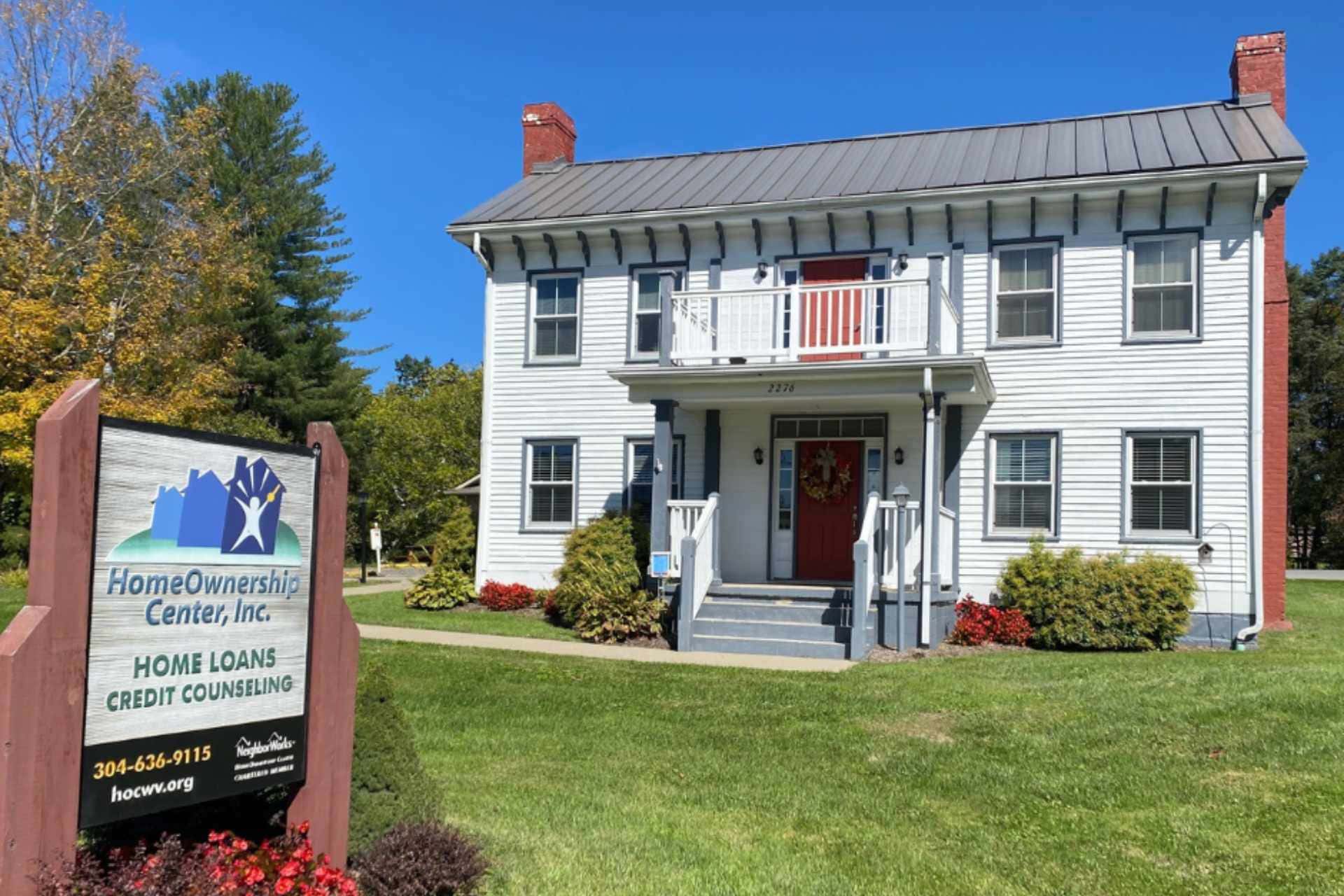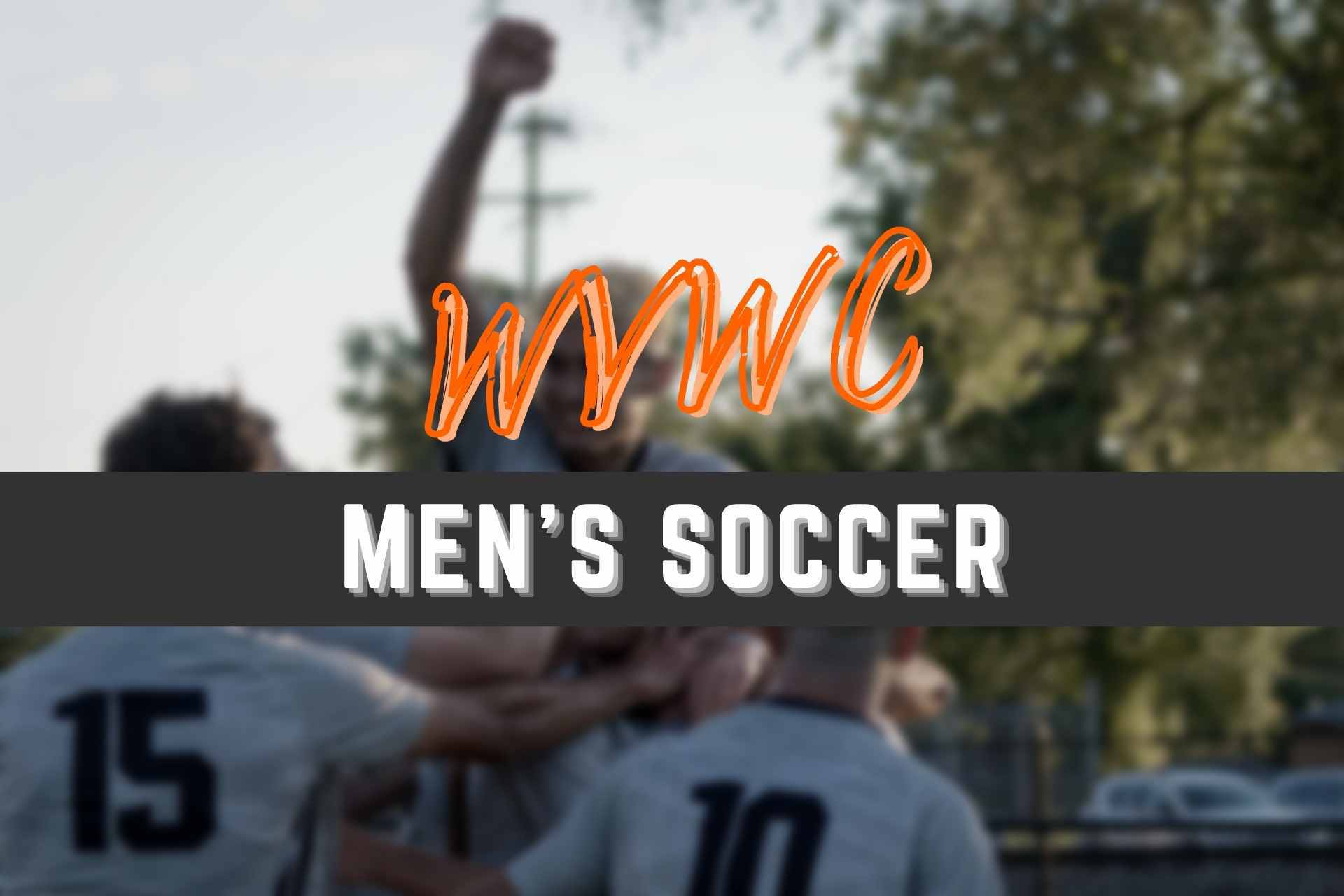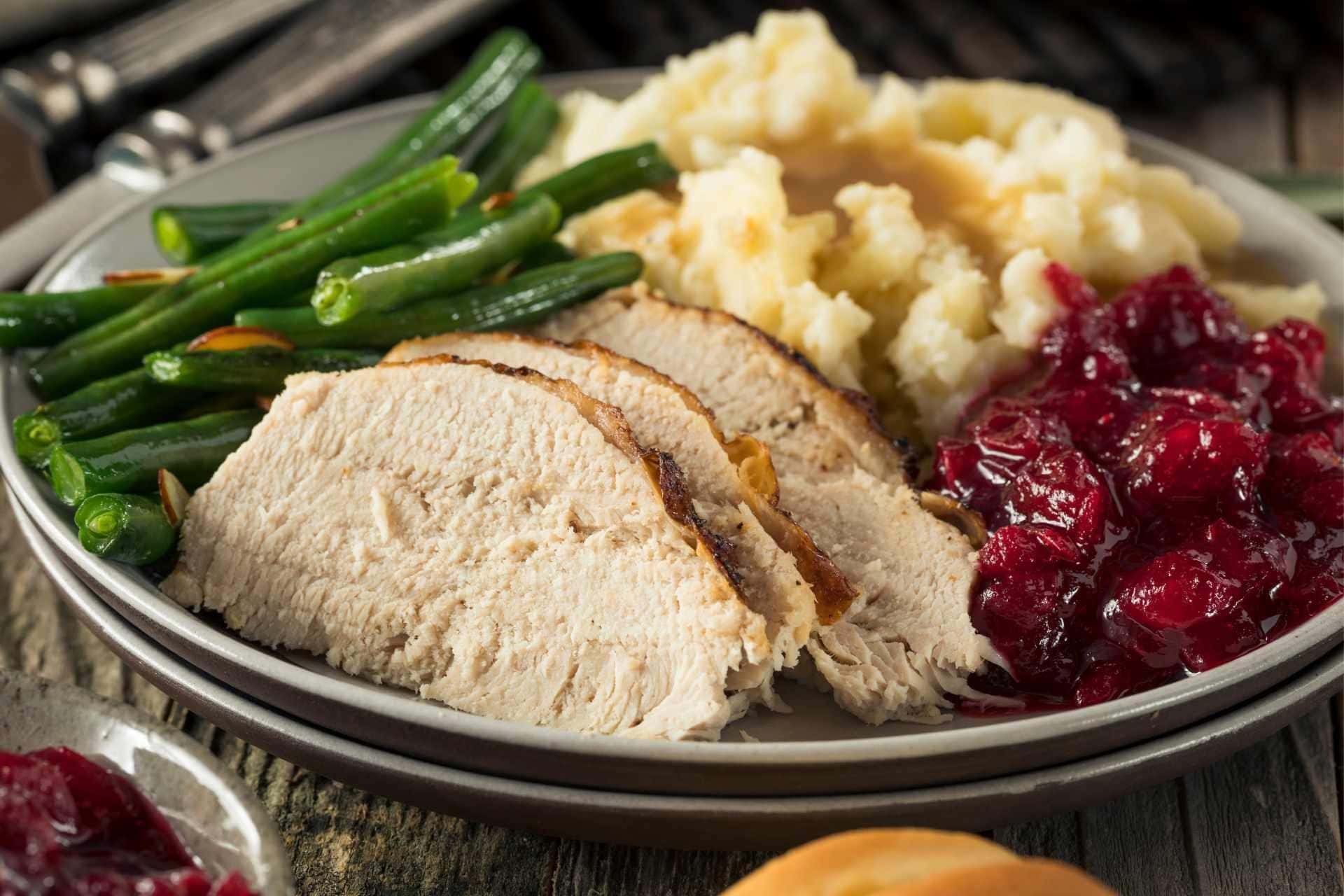BUCKHANNON – He felt the stinging burn and the blood beginning to seep out, but he was hoping the bullet hadn’t hit him directly.
If it had ricocheted off a vehicle and then grazed his upper left leg, Upshur County Sheriff’s Chief Deputy Mike Coffman was certain he could still assist Lewis County law enforcement officers who were stationed about 75 yards away from the active shooter. It was a highly dangerous situation, and he knew it.
Coffman had been running back to his cruiser to retrieve his long gun when the .308 bullet struck him during a tragic and bizarre active shooter incident on I-79 on June 16. Continuing his recovery at home three weeks later, Coffman reflected on how surreal that moment truly was.
“You always know something like that can happen, and initially, I was kind of in disbelief,” Coffman told My Buckhannon. “I knew what had happened, but I didn’t want to admit to myself what had happened.”
Coffman and Upshur County Sheriff Virgil Miller had been working on administrative items in the sheriff’s office when they caught the beginning of the incident on the scanner, but there was also a structure fire in Barbour County, and at first, no one was sure exactly what was unfolding. They would later learn that 38-year-old Matthew Brevosky, of Grindstone, Pa. had blocked both northbound lanes of I-79 near Exit 99. Brevosky, who was eventually killed by officers, was brandishing – and firing – a rifle from prone position in what appeared to be a random fashion.
“Once Lewis County got on scene, they realized they had more than just a car wreck with a disgruntled driver, so they immediately radioed and said we’ve got to get this traffic off of us,” Coffman recounted.

That’s when Miller took the southbound lanes at Exit 99, and Coffman took the northbound lanes. Their goal was to prevent passersby from driving up on the incident and possibly getting injured or worse.
“My main priority at the beginning was, there were cars right up where the law enforcement officers were at. [Brevosky] had a rifle and he had already fired a round, so my main objective was to get the public back a safe distance and to get them out of there,” he said.
Coffman did as much as he could with traffic control.
“I got some cars moved – all the ones that could possibly get moved – and then I was actually running back up to my vehicle to get my long gun because the other deputies were about 75 yards out from the shooter,” he said. “I was running back to my truck to get my long gun to assist them, and I didn’t make it.”
Hoping the bullet hadn’t penetrated his body near any vital organs, he did a self-assessment to see if he’d been hit anywhere else, checking under his bullet-proof vest.
“I knew my leg had gotten hit, and initially, I was hoping it was a graze off of a vehicle or something else and it didn’t directly hit me,” Coffman said. “I was going to proceed up and help them, but then it started getting worse and then I started to feel the blood and see the blood. I knew he had a rifle, so I knew it wasn’t something small. In the moment, it wasn’t like I felt panic; it was more just, ‘stay calm and get out of there.’”
Coffman hobbled as far as he could and Lewis County Sheriff Dave Gosa and Derek Long, assistant director of the Upshur County Department of Homeland Security and Emergency Management, got the chief deputy situated in the back of his cruiser. Long, who just happened to be headed south on I-79 when he pulled over to help with what he initially thought was a wreck, drove Coffman to Stonewall Jackson Memorial Hospital. Once there, he immediately went into surgery to repair a severed muscle in his quadricep, the vastus lateralis.
Coffman was grateful Long, a volunteer firefighter, happened to be passing by.
“He had taught our First Aid class and he’s a volunteer firefighter and the DHSEM assistant director, so I felt in good hands with Derek,” he said. “He actually arrived on the scene before any of the first responders, so he radioed in and really kept us informed as to what was going on.”
On the way to the hospital, Coffman’s first priority was to contact his wife, Amy, who was in the Outer Banks, North Carolina, with the couple’s kids.
“I didn’t want her to read it on Facebook or anywhere else,” he said. “I figured she should hear it from me, because I heard the radio traffic that HealthNet was on the way, so my goal there was to try to keep her calm. I called her and said ‘I can’t talk long, but listen to me, I’m OK, everything’s OK. And she was like, ‘OK….’ and I said, ‘I’m on the interstate and I got shot in the leg.’”
Coffman’s family rushed back from North Carolina, and after emergency surgery to repair his damaged quad muscle, he spent two nights in the hospital so he could recover and hospital staff could monitor the wound for possible infection.
The doctors sent him home with crutches, and although they expect a full recovery, it could be a long process for the wound to heal from the inside out, Coffman said. He’s looking forward to beginning physical therapy next week and is especially thrilled that as of July 6, his care team said he could bear weight and would longer require crutches or a cane to walk around his house.
“It’s going to take a good while to heal, and it’s really sore, but I’m not complaining because I’m off crutches,” he said with a smile. “The three weeks have made a big difference, but I don’t want to overdo it.”
Coffman is in good spirits, but the event was a sobering one that’s resulted in he and other members of the sheriff’s office rethinking what they’ve come to expect as law enforcement officers in a relatively rural area, he said. Two recent officer-involved shootings in Lewis County occurring over the last year within 1 mile of one another and a third shooting to the south that resulted in the death of Nicholas County sheriff’s deputy Tom Baker are weighing heavily on officers’ minds.
“We think we’re in the north-central part of West Virginia and kind of immune to it, but it’s all around us,” Coffman said. “That’s what was on my mind at the time — Nicholas County. We were just at the funeral the week before last, and a couple of days before that I had gone to Charleston and escorted the body with a lot of their officers. I knew [the shooter] had used a rifle as well, so that was on my mind when I was in the hospital. It’s just one of those things where these events are getting close to home, and I’ve talked to a lot of the deputies and the sheriff, and it changes our whole outlook on what we’re seeing and how we’re going to have to become more effective to deal with it.”
The office is exploring grant opportunities that would pay for equipment like helmets and upgraded bullet-proof vests.
“We have good vests, but they don’t stop a high-powered rifle-type weapon,” he said. “I think we have to evaluate our needs and restructure a little bit based on what we’re seeing throughout the country. We’re seeing more ambush-type situations, and like I said, it’s hitting closer to home. You think, ‘it’s not going to happen in West Virginia,’ but someone pulled their car sideways in the road and got out and had a rifle and started shooting.”
June 16 was a life-altering incident, but the chief deputy still feels fortunate, and he says the universal outpouring of support from the community and beyond has buoyed his spirits.
“The community as a whole has just been amazing,” Coffman said. “I’ve gotten cards from California, Florida, Ohio and other parts of the state. I think every agency in the surrounding counties has reached out to me in some fashion. They all reach out and check on me still every couple of days.”
“I was extremely lucky,” he added. “I mean, a .308 … it didn’t really hit any arteries, it didn’t hit any bones. I got as lucky as I could get; definitely, I was being watched over that day. I can’t explain it any other way than I was being looked after.”
Coffman has appreciated all the help and everyone who’s offered assistance.
“I would like to thank everybody that has helped me and my family throughout this whole thing,” he said. “People have provided food so my wife could focus on taking care of me and so she didn’t have to worry about that end of it. There have been so many people who have helped or offered to help. We’ve just been inundated with offers throughout this county and Lewis County and Randolph County and Barbour County. It’s just been overwhelming, and that means a lot when you’re trying to heal and you’ve been through something like this.”





















